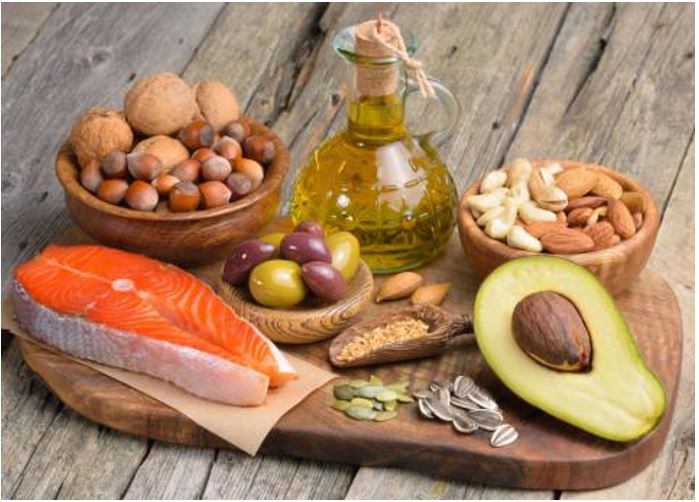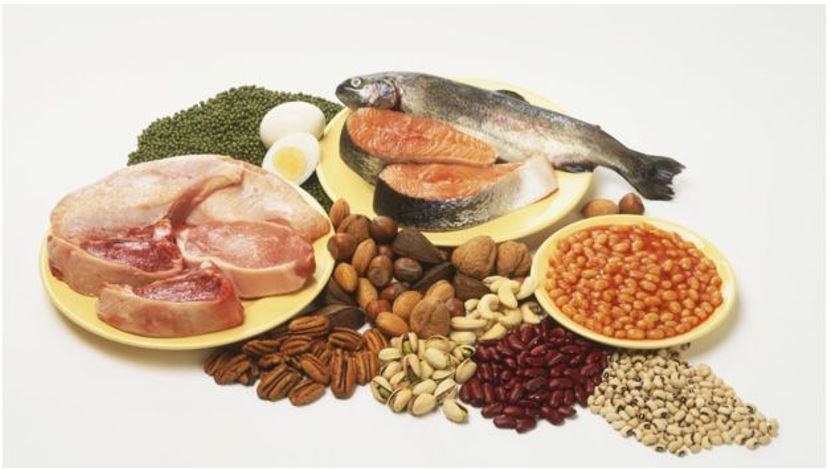Nutrition plays an important role in activity and sport in order to achieve an optimal performance. In fact, proper nutrition will ensure greater performance, easier recovery, better injury prevention and will favour a state of good health.
In this guide you will find a brief summary of the importance of the contribution of nutrients in exercise, as well as some basic recommendations.
Carbohidrates
Carbohydrates, stored in the body in the form of muscle and hepatic glucose, are important in intense and short-term exercises, being the main energy providers through anaerobic glycolysis. However, in prolonged exercises, they are also important in the initial phases, subsequently passing the prominence to lipids.
The effects of resistance training on muscle are reflected in a lower dependence on carbohydrates as a source of energy and improved use of energy by lipid oxidation from muscle triglycerides. For this reason, more trained athletes use fat for a longer time, maintaining the glycogen reserve for the final sprint of the test.
In those situations in which there is a run out of carbohydrate resources in our body fatigue occurs. This is due due to the lack of glucose, that is the only energy substrate for the brain. The characteristic symptoms for this are sweating, lack of coordination, general discomfort, inability to concentrate and loss of energy, even leading to collapse.

Recomended carbohydrates intake: Carbs Before or After Workout?
How much carbs should you take? When do you have to eat carbs?
| Before Exercise | – Eat foods rich in carbohydrates (500-800 calories) within 3 to 6 hours before the test or training. |
|---|---|
| During Exercise |
– In exercises at 60-80% of the maximum aerobic capacity and long-lasting, ingestion of carbohydrates allows delaying the fatigue by 15 to 30 minutes.
– In high intensity and short duration exercise, carbohydrates do not offer beneficial effects.
|
| After Exercise |
– In training periods separated by several days, a contribution of 4-5 g of carbohydrates per kg of body weight and day is recommended.
– In intense daily workouts, up to 8 g / kg daily may be required.
– The time required for the complete replacement of muscle glycogen is 48 hours.
|
Lipids
Lipids constitute a very important energy reserve in prolonged exercises by mitochondrial oxidation of intramuscular fatty acids or from circulating blood. After regular training, intramuscular fat deposits increase.

In relation to the administration of fat types, some researchers support the increase in the consumption of oils rich in oleic acid such as virgin olive oil. It should be considered that sports practice is considered a physiological situation of oxidative stress, in which antioxidant defense mechanisms can be overwhelmed. Oleic acid allows the membranes to have a greater fluidity, increasing the membrane-dependent enzyme activity. In this way, the athlete could offer a greater antioxidant capacity.
Proteins
During exercise, the catabolism of endogenous tissue proteins has little contribution to energy intake.
Athletes who train strength or power exercises require a higher protein intake than the recommended dietary intakes:
– Normal protein intake recommendation: 0.77 g / kg of weight from the age of 19.
– Strength training protein intake recommendation: 1.7-1.8 g / kg of weight / day in order to allow maximum muscle development.
– However, 2.2 g of protein / kg of weight / day should not be exceeded since it does not offer any benefits compared to a diet with lower protein content.
– Individuals who perform resistance training also require a greater protein intake. Contributions of 1.2-1.6 g of protein / kg / day are recommended.
